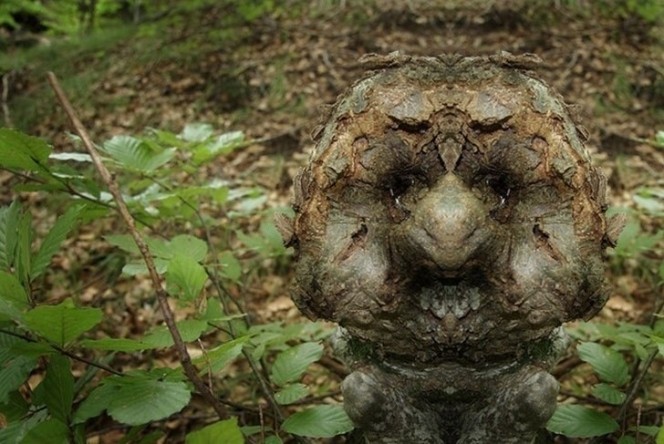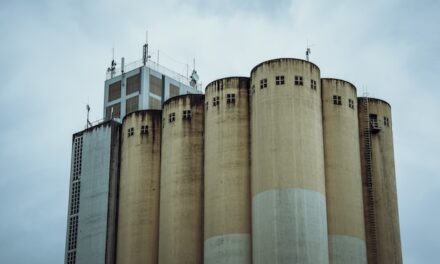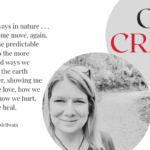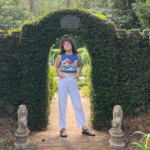Molly Reid: Lately, I’ve been interested in the way I—and perhaps other non-poets—read poetry. How might a fiction writer look at a poem differently than a poet? What do I seek in a good story, and how might that translate to a poem? (Do I need some kind of narrative arc? Lovely language? Image? Surprise?)
Reading submissions for The Cincinnati Review this semester, I’ve had to confront some of these questions, as we’re required to read both poetry and fiction (as well as nonfiction). Having never taken a poetry class, I was at first really uncomfortable with this. I felt unequipped to judge without the kind of rigorous critical apparatus I have for fiction. But after a few weeks, I settled in a bit. Though I may not always be able to name the form or rhyme scheme the poet is using or even completely understand what the poem is trying to do, I feel confident in saying whether or not a given piece works for me—the same way I can judge a nice brie from a rubbery cheddar. (I let the editorial staff parse the finer details; thank god they’re reading behind me.)
Along these lines, I thought it might be fun to take a look at a poem that spoke to me in the latest issue, Donika Ross Kelly’s “Acheron,” to try and examine the process of fiction-writer-reading-poem. Or ignorant-pleasure-seeking-individual-reading-poem. Not a deep critical analysis but a kind of casual aesthetic anatomy.
“Acheron” begins with the lines “This the season men were turned to trees—/ the formula simpler than we initially imagined.” This is exactly the kind of opening I like in fiction: an imaginative l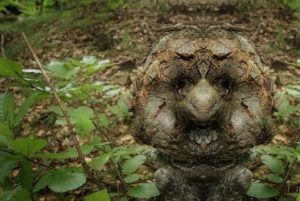 eap, a strangeness, not to mention the compression of language. There’s the obvious hook—men turning into trees—though it’s the “season” here that really wins me over. It indicates a time limit, a particular container, retrospection. Even a nostalgia. Then that second line (“the formula simpler than we initially imagined”). What formula? How could it be simple? Who is “we”? And what (and why) did this we imagine what they imagined?
eap, a strangeness, not to mention the compression of language. There’s the obvious hook—men turning into trees—though it’s the “season” here that really wins me over. It indicates a time limit, a particular container, retrospection. Even a nostalgia. Then that second line (“the formula simpler than we initially imagined”). What formula? How could it be simple? Who is “we”? And what (and why) did this we imagine what they imagined?
Such a beginning prompts a string of questions that—were this a story—would most likely get answered in some fashion. In the poem, however, none of these questions is answered (with the exception, maybe, of “the formula”: “The stiffened limb and rooting feet, the slow/ crawl of bark over skin; the god mourning/ a man now hidden.” Well, not answered so much as jerked around a little, like contents under pressure.)
I love this space—it makes me want to use words like liminal and hybridity. Why are we always trying to solve problems in fiction, find answers? It makes me consider how there should be more of poetry’s trouble-making and question-asking in my own fiction. And also, most definitely, more men turning into trees.

